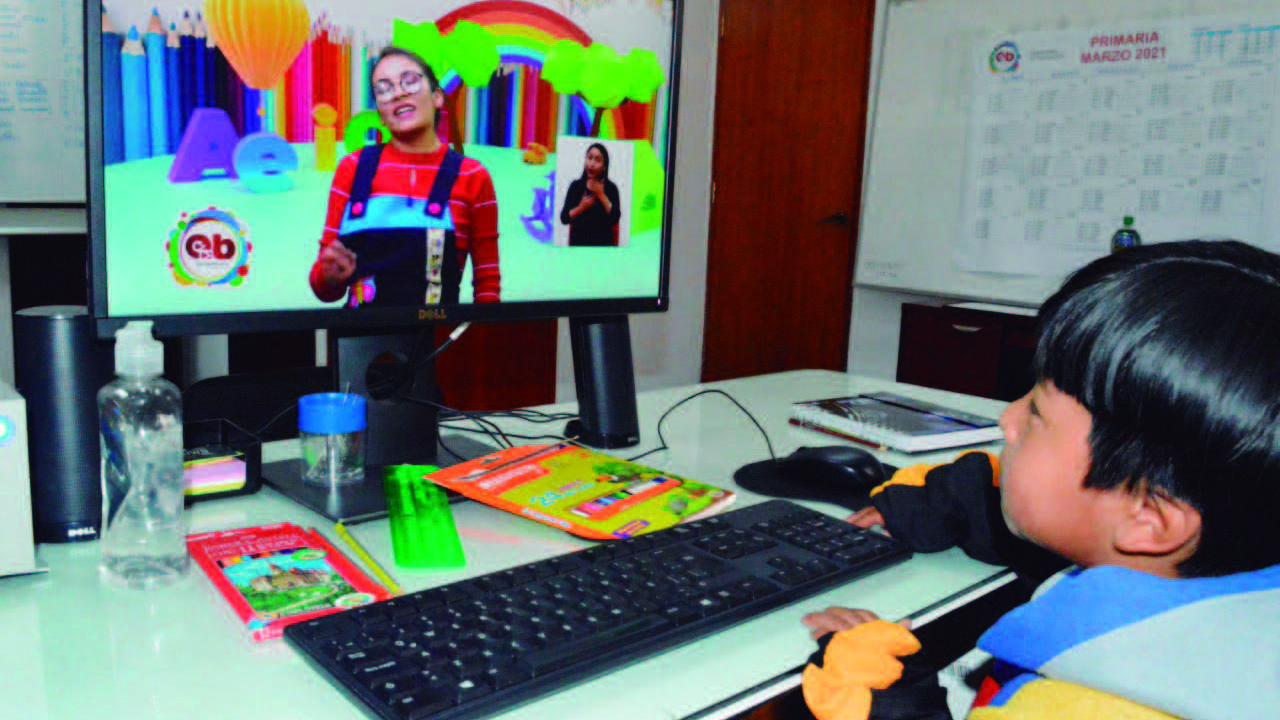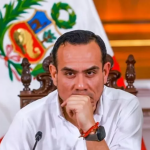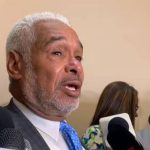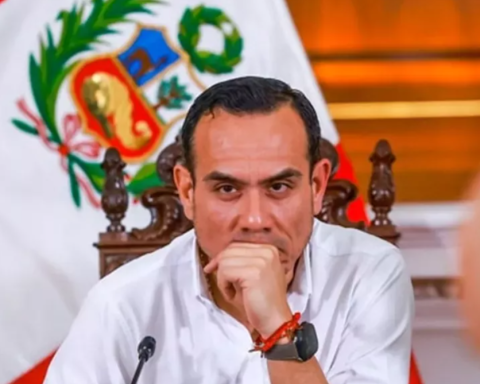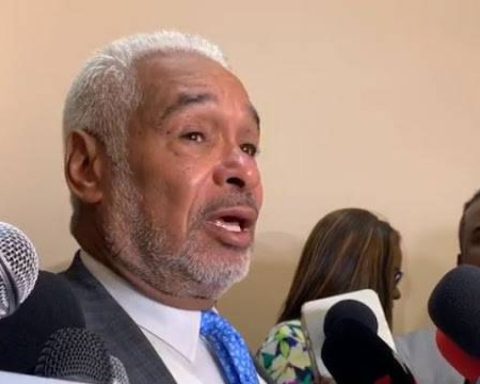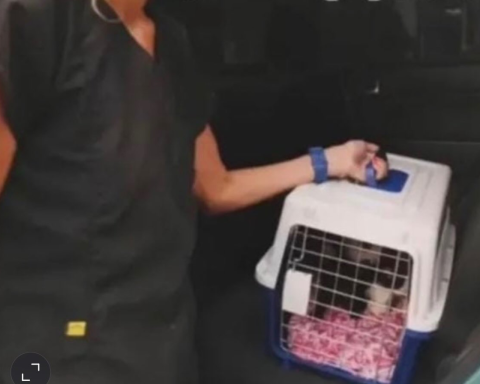Erick Ortega / La Paz
The Bolivian Society of Pediatrics is concerned about the confinement of children and adolescents at home during the educational period. The entity recommends that students return to face-to-face or semi-face-to-face classes, taking into account the health security measures in educational institutions.
Víctor Hugo Velasco, director of the Bolivian Society of Pediatrics, reported that the permanence of minors at home, due to the pandemic, brings different complications. “Virtuality is causing serious inconveniences in children and adolescents. For example, addiction to virtual media, psychological and mental problems that have to do with depression in both children and adolescents.
On Tuesday, February 1, classes began in Bolivia. The Minister of Education, Édgar Pary, reported that “in the capitals it is defined that (the modality for the start of classes) is virtual distance education.” According to the state authority, this determination was made in accordance with the epidemiological reports of the Ministry of Health and the departmental health services.
“It is important to take into account the (epidemiological) report, because health comes first. Second, it is to guarantee the education of our boys, girls and young people”, added the Minister of Education shortly before the return of the students to the educational management.
Photo: Carlos Sánchez / Page Seven
Velasco explained that keeping minors in their homes can be counterproductive. “The World Bank has established that 20% of children in Bolivia have dropped out of school precisely because of all the confinement we had before. Another important element is the physical one, such as overweight and obesity, it is known throughout the world that 20% of children have increased in overweight and obesity, and that has much worse deadly connotations than covid itself in children, in Bolivia it is They are doing research on it.”
In addition, there is other “collateral” damage, he says that families with fewer economic resources are the most due to the pandemic and the obligation to take classes from home.
The doctor continued: “But it is not only that, another element that I would like to contribute is that during confinement child abuse has increased, including sexual abuse.”
He noted that this return to school should be precautionary for the health of students in the classroom. He added that vaccination must continue to be promoted as a priority to face covid. “The establishments have to have certain minimum levels of protection and security so that children do not get infected. Let’s not forget that this virus is going to be like any common cold in the long run and the measures should be such in the future.”
Along the same lines, the director of the Children’s Hospital in La Paz, Alfredo Mendoza, reported that children and adolescents who do not attend face-to-face classes can suffer very strong psychological impacts.
He explained the problems caused by this confinement: “It produces a major psychological impact on them, especially in those who are pre-adolescents and adolescents who cannot go to share face-to-face classes with their classmates, it is best that we parents avoid causing them a lot of nervous tension, that they always have a moment of relaxation, I think that the best thing is communication in the family to reduce the degrees of stress to which all children and adolescents who do not attend their school work are subject”.
The doctor agreed with Velasco by reiterating that the best way to protect minors is to vaccinate them.
Mendoza added: “The recommendations that we can give to children who will attend face-to-face classes are: one, that they must wear a mask, in the sense that we know that this virus is spread almost exclusively by air, therefore, the use of the chinstrap is mandatory and essential; Second, ideally, the educational units where the courses are going to start classes face-to-face are ventilated, the best way to ventilate the environments is to open the windows, therefore, between class and class they should have a period of about five to seven minutes for there to be air circulation.”
While in the capital cities of the entire country the start of classes virtually was determined, in El Alto and in the rural area it was decided to return to face-to-face classes.
The health authorities remind the inhabitants that they should not neglect the precautionary measures against contagion.

Photo: Carlos Sánchez / Page Seven
